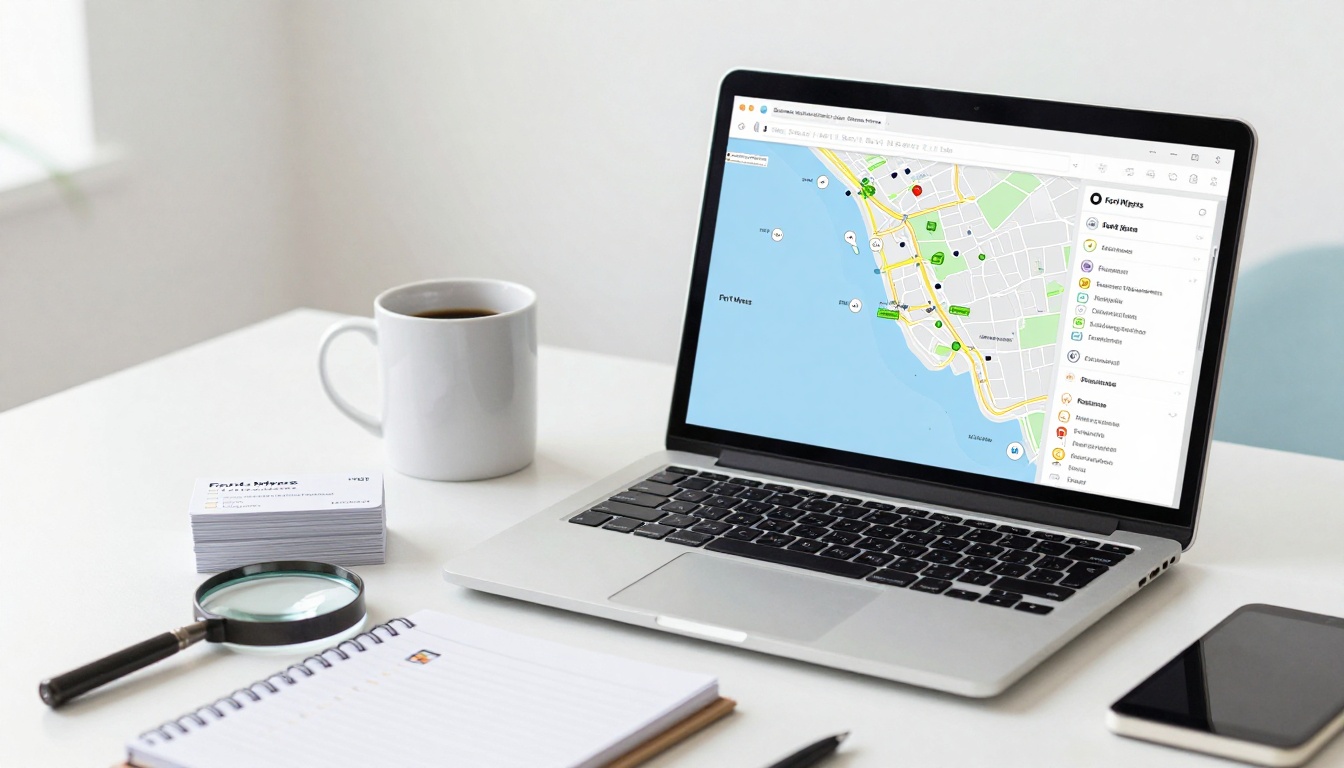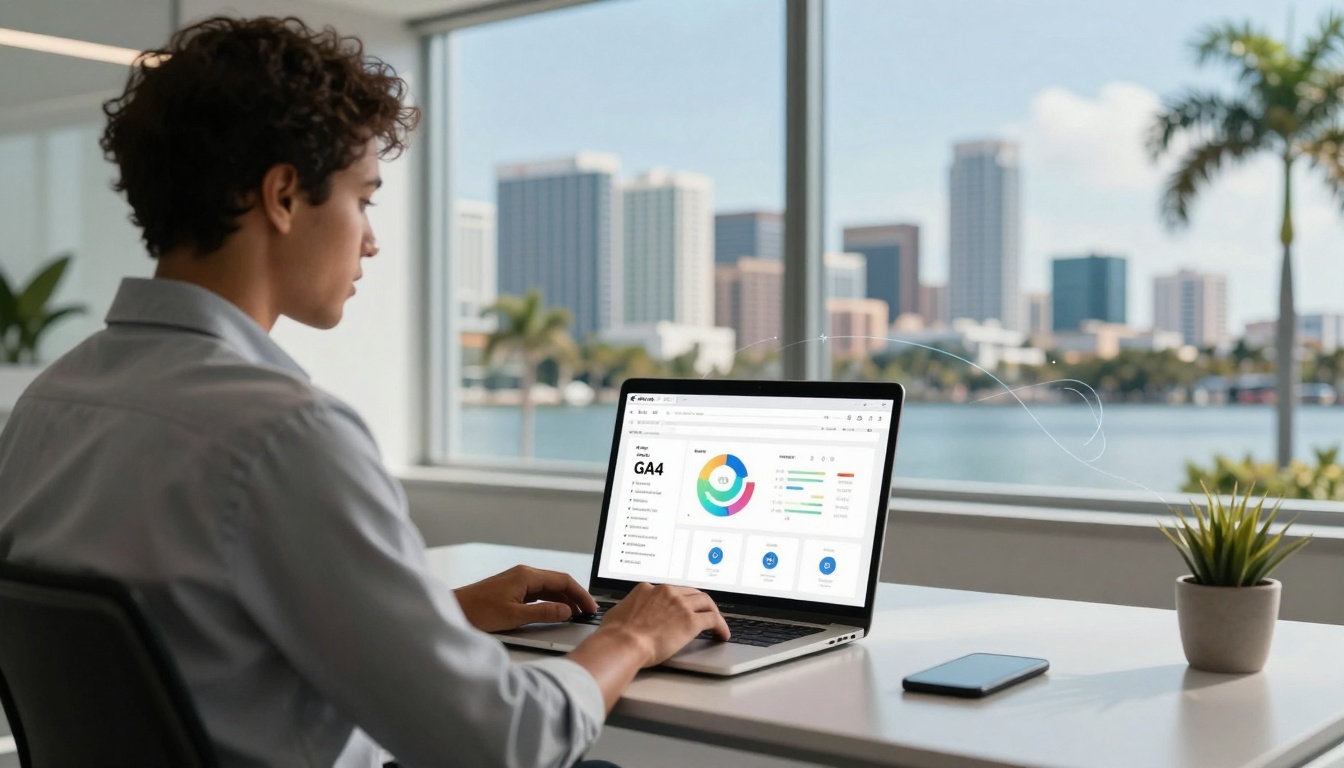Understanding Organic Social Media Visibility for Small Businesses in 2025
Understanding Organic Social Media Visibility for Small Businesses in 2025
What is Organic Social Media Posting?
Organic social media posting refers to sharing content on platforms like Facebook, Instagram, or LinkedIn without paying for placement. Unlike paid advertising, which boosts posts to a wider audience through budgets, organic strategies rely on natural discovery and engagement. For small businesses asking "how visible is organic social media posting for small businesses," the answer often lies in how consistently they post and interact with their audience. Organic posting allows brands to build authentic connections without the financial burden of ads.
For small businesses with limited marketing budgets, organic posting can be a lifeline. Paid campaigns may deliver quick results, but they require ongoing investment. Organic strategies, on the other hand, focus on long-term growth by nurturing relationships and building trust. This approach not only saves money but also helps businesses establish a loyal community over time. As we explore further, you'll see why organic visibility remains a cornerstone of effective social media strategies.
Current State of Organic Reach for Small Businesses
In recent years, organic reach has faced significant challenges due to algorithm changes and increased competition. Platforms like Facebook and Instagram now prioritize content from friends and family over business pages, making it harder for small businesses to get noticed. Despite this, organic social media remains a crucial tool for small businesses aiming to stay relevant and visible online.
Industry statistics show that 96% of small businesses use social media, with 83% citing improved visibility as a primary benefit. This widespread adoption underscores its importance, even as organic reach becomes more competitive. However, the sheer volume of content being posted daily means that standing out requires more creativity and strategic effort than ever before.
Another factor impacting visibility is the amount of time users spend on social platforms. With millions of posts vying for attention, small businesses must craft content that resonates quickly. Understanding these dynamics is key to navigating the evolving landscape of organic social media. Now let's dive deeper into how algorithms shape what users see.
How Social Media Algorithms Impact Visibility
Social media algorithms play a pivotal role in determining which posts appear in users' feeds. These systems analyze user behavior, such as likes, comments, and shares, to curate personalized content streams. For small businesses, understanding these algorithms is essential to maximizing organic reach. Posts that generate high engagement are more likely to be shown to a broader audience, creating a ripple effect of visibility.
Factors like recency, relevance, and relationship also influence how visible your content is. For example, timely posts about trending topics or those tailored to specific audiences tend to perform better. By focusing on these elements, small businesses can improve their chances of breaking through the noise. Next, we'll explore which platforms offer the best opportunities for organic growth.
Top Platforms for Small Business Organic Reach
Each social media platform presents unique challenges and opportunities for small businesses. Facebook, while facing declining organic reach, still offers robust tools for community building. Instagram thrives on visual storytelling, making it ideal for brands with strong aesthetics. Meanwhile, LinkedIn caters to B2B audiences, and TikTok excels with short-form video content that drives viral engagement.
In 2025, platforms like TikTok and Instagram Reels are expected to dominate organic growth potential due to their emphasis on engaging, multimedia-rich content. Small businesses should consider prioritizing these channels if their target audience aligns with younger demographics. However, choosing the right platform depends on your goals and where your audience spends their time.
To make the most of organic posting, focus on platforms that align with your niche and objectives. For instance, a local bakery might thrive on Instagram by showcasing visually appealing treats, while a consulting firm could find success on LinkedIn. The key is tailoring your strategy to the strengths of each platform and your audience's preferences.
Common Challenges Facing Small Businesses
One of the biggest hurdles for small businesses is the shrinking visibility of organic posts. With platforms favoring paid content and increasing competition, breaking through can feel daunting. Additionally, the monetization of social networks means that reaching new audiences organically is becoming increasingly difficult.
Resource limitations also pose a challenge. Many small businesses lack the time or expertise to create consistent, high-quality content. Shifting algorithm priorities further complicate matters, requiring constant adaptation. Overcoming these obstacles often involves partnering with experts like Yeppymarketing.com, who specialize in helping small businesses navigate the complexities of organic social media.
Best Practices to Improve Organic Visibility
To boost organic reach, small businesses should adopt a mix of proven strategies. Consistent posting keeps your brand top-of-mind, while engaging with your community fosters loyalty and trust. Incorporating multimedia, such as images and videos, makes your content more shareable and appealing. Leveraging trends and timing posts when your audience is most active can also amplify visibility.
Storytelling is another powerful tool for connecting with customers on an emotional level. Sharing real-life experiences or highlighting customer testimonials builds authenticity. Genuine interactions, like responding to comments or hosting live Q&A sessions, encourage deeper engagement and help humanize your brand.
Finally, leveraging analytics is critical for refining your strategy. Tools provided by platforms or third-party services can reveal insights into what works best for your audience. By continuously testing and optimizing your approach, you can enhance your organic performance and achieve sustainable growth.
The Role of Paid vs. Organic: Finding the Balance
Paid advertising can complement organic efforts by amplifying your message to a larger audience. While organic posting builds trust and fosters community, paid campaigns can drive immediate results, such as website traffic or lead generation. For many small businesses, blending both tactics creates a balanced and effective marketing strategy.
However, paid promotion shouldn't overshadow organic initiatives. Authenticity and genuine connections remain vital to long-term success. By integrating paid boosts strategically—such as promoting high-performing organic posts—you can maximize reach without losing the personal touch that defines your brand.
Measuring Organic Social Media Success
To gauge the effectiveness of your organic strategy, track metrics like impressions, engagement rate, shares, and follower growth. These indicators provide insight into how well your content resonates with your audience. Regularly monitoring these numbers helps identify areas for improvement and guides future content decisions.
Tools like native platform analytics or third-party dashboards simplify reporting and analysis. They allow you to measure performance across multiple channels and adjust your strategy accordingly. By staying data-driven, you can ensure your organic efforts deliver measurable results.
The Influence of Local and Niche Audiences
Organic social media shines when targeting hyper-local or niche communities. Small businesses catering to specific regions or interests can leverage tailored content to connect deeply with their audience. For example, a boutique gym might highlight local events or member spotlights to engage nearby residents.
Success stories abound of small businesses thriving through localized strategies. Whether it's collaborating with local influencers or showcasing customer stories, tapping into community pride strengthens bonds and boosts visibility. Focusing on niche markets allows brands to stand out in crowded spaces and build meaningful relationships.
Content Trends Impacting Visibility in 2025
Emerging formats like short-form video, Stories, and interactive content are reshaping how users engage with brands. Platforms like TikTok and Instagram Reels reward creative, entertaining videos with higher visibility. Interactive features, such as polls or quizzes, encourage participation and increase dwell time.
Adapting to these trends is crucial for staying relevant. Users crave dynamic, engaging content that feels authentic and relatable. By experimenting with new formats and staying attuned to platform-specific preferences, small businesses can capture attention and drive organic engagement.
How to Leverage Brand Advocacy and User-Generated Content
User-generated content (UGC) is a goldmine for boosting organic reach. When customers share photos, reviews, or testimonials, they act as brand advocates, lending credibility and expanding your reach. Encouraging UGC not only saves time but also fosters a sense of community around your brand.
To motivate users, run contests, offer incentives, or simply ask for contributions. Amplify UGC by reposting it on your channels and giving credit to creators. This approach not only increases visibility but also builds trust and loyalty among your audience.
When Does Organic Social Media Work Best?
Organic posting excels in scenarios focused on community building, brand loyalty, and customer support. It's particularly effective for fostering long-term relationships rather than driving immediate sales. For instance, a coffee shop might use organic posts to highlight regular patrons or showcase behind-the-scenes moments.
Businesses operating in service-based industries or those with highly engaged audiences often see greater success with organic methods. By nurturing these connections, they create a loyal base that advocates for the brand naturally. In such cases, organic strategies can outperform paid alternatives.
Frequently Asked Questions
How much organic reach can a small business expect on social media?
On average, small businesses can expect organic reach rates between 1-5%, depending on factors like platform, content type, and audience engagement. However, results vary widely based on strategy and execution.
Is organic social media still worth the effort for small businesses in 2025?
Absolutely. Despite algorithm changes, organic social media remains a cost-effective way to build trust, foster relationships, and grow your audience authentically.
Which platforms have the best organic reach for small businesses?
TikTok and Instagram Reels currently offer the highest organic reach potential, thanks to their focus on engaging, multimedia content. However, the best platform depends on your target audience and industry.
What types of content perform best for organic engagement?
Short-form videos, user-generated content, and visually appealing posts typically drive the most engagement. Trendy, relatable, and interactive content also performs exceptionally well.
Can organic social media posting replace other forms of marketing?
No, organic posting complements—but doesn't replace—other marketing efforts. A balanced strategy incorporating paid ads, email campaigns, and SEO ensures comprehensive coverage and sustained growth.
Conclusion
Organic social media visibility for small businesses remains both valuable and challenging in 2025. While algorithm changes and competition have made it harder to achieve broad reach, the authenticity and connection fostered through organic posting are irreplaceable. By adopting best practices, leveraging emerging trends, and blending paid and organic tactics, small businesses can thrive in this evolving landscape.
If you're ready to take your organic strategy to the next level, start by auditing your current approach. Experiment with new content formats, engage consistently with your audience, and adapt to platform updates. For expert guidance, consider partnering with Yeppymarketing.com, where they specialize in helping small businesses unlock the full potential of organic social media. Together, you can build a strategy that drives visibility, engagement, and lasting growth.
Featured Resources



